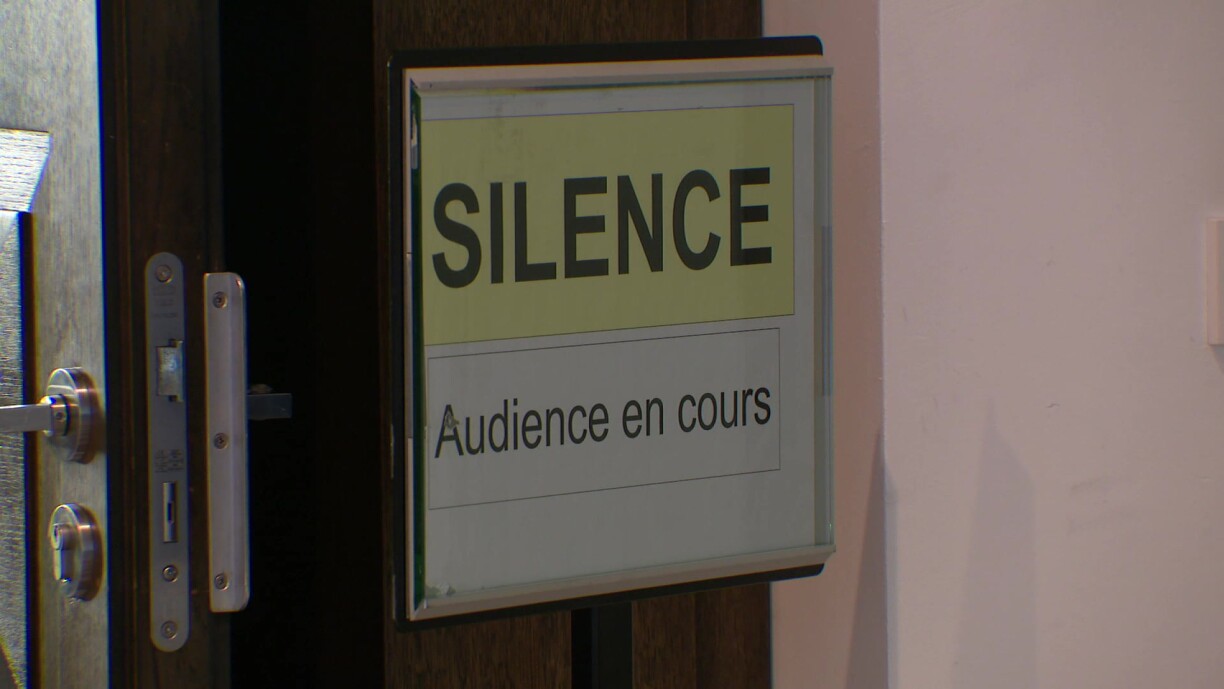
The “Bommeleeër II” trial continued its fourth day on Thursday, with proceedings focusing on a pivotal moment in the original investigation: the abrupt termination of surveillance on a key person of interest.
That individual was Ben Geiben, the founder of the gendarmerie’s Mobile Brigade, whose name had repeatedly emerged during the probe. The court heard that on 18 October 1985, three investigators from the Sûreté travelled to Brussels, where Geiben was then living. Their goal was to arrange surveillance on the former officer.
The central question posed to the court was: what happened in Brussels that day? According to an investigator’s testimony, the events there likely explain why the surveillance operation on Geiben was suddenly called off. Crucially, on the very next day, an explosion occurred outside the Palace of Justice in Luxembourg, and the promising “Ben Geiben” line of inquiry was officially abandoned at nearly the same time.
The current trial involves six defendants accused of giving false testimony during the first Bommeleeër trial in 2013/2014. The testimony of one, former Sûreté member Guillaume Büchler, was scrutinised. The investigator analysing Büchler’s 11 allegedly false statements asserted that Büchler, as a member of the original “Bommeleeër” investigation team, must know more than he claims.
Büchler is the only defendant appearing without legal representation. “I have nothing to feel guilty about, and someone with nothing to feel guilty about doesn’t need a lawyer”, he stated on the trial’s first day.
The court then heard from the investigator analysing the 25 alleged false statements by Armand Schockweiler. At the time of the attacks, Schockweiler was the head of investigators at the Sûreté and was part of the Brussels trip on 18 October 1985.
The defendant stated during questioning that he did not know why the surveillance on Geiben in Luxembourg was called off immediately afterwards. He also claimed to be unaware that the Luxembourg State Intelligence Service (SREL) had been tasked with the national surveillance. The investigating officer testified that this seemed “improbable”, noting that Schockweiler gave three different statements on the matter within a seven-minute period.
Schockweiler maintained that after the attack near the Palace of Justice, no one ordered him to drop the “Ben Geiben” lead, nor did he instruct Belgian authorities to do so. He asserted that the lead was simply no longer a priority.
Following the hearing, Schockweiler’s lawyer, Benoît Entringer, strongly criticised the investigator’s report, describing it as “thin, imprecise and not neutral”. He argued that the document was biased and leading, containing “many suggestions and suppositions.”
That is “certainly not the role of a witness”, Entringer stated, adding, “A witness must state what they know, not put forward suppositions.” The investigator had previously addressed similar criticism by noting that the examining magistrate had approved the inclusion of his analytical thoughts.
Regarding the context of the 2013/14 trial where the alleged false statements were made, Entringer recalled a chaotic atmosphere. He argued that questioning “went in all directions,” with investigators pressing witnesses until they had no answer left. “It was certainly not the serene judicial process one would expect,” the lawyer said, suggesting that witnesses could have been easily unsettled.
11 years on: Lawyers argue the case cannot be separated from main Bommeleeër trial
Luxembourg’s largest criminal chapter: Bommeleeër affair reopens with trial of former gendarmes over false testimony
Bommeleeër trial continues: Third day of trial focuses on alleged false statements